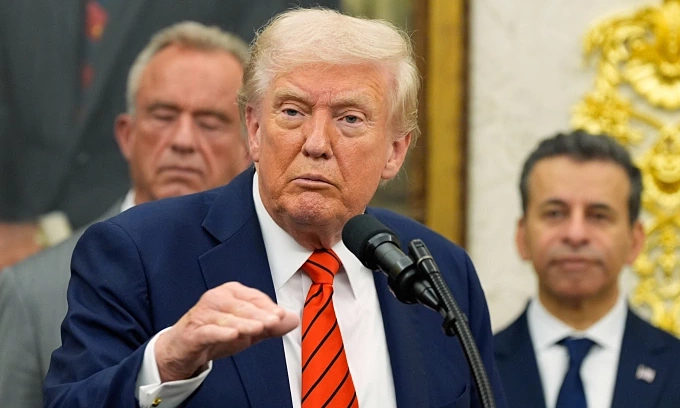President Donald Trump announced on Friday that the United States will impose a 100% tariff on imports from China starting next month.
The new measure aims to address what the administration describes as unfair trade practices, including intellectual property theft, forced technology transfers, and persistent trade imbalances. Trump said the tariff is intended to protect American industries and push China toward making structural changes in its trade policies.
The tariff is expected to affect a wide range of Chinese products, including electronics, machinery, and household goods. Economists warn that the decision could raise costs for American businesses and consumers, with potential price increases across several sectors.
China has condemned previous U.S. tariff actions, calling them violations of international trade rules. The Chinese government is expected to announce countermeasures, continuing a pattern of retaliatory tariffs that have characterized the ongoing dispute.
U.S. business groups, including the Chamber of Commerce, have urged the administration to pursue renewed negotiations instead of broad tariff measures. They argue that while trade reform is needed, prolonged economic confrontation could harm both economies.
Trade talks between Washington and Beijing have stalled in recent months. It remains unclear whether either side will seek renewed dialogue following the latest escalation.

